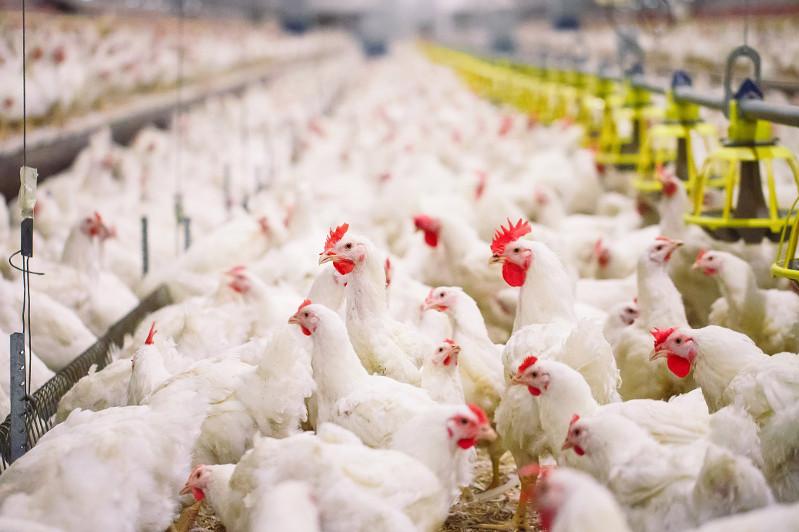Malaysia confirms poultry export ban remains

While some reports said that the export ban on chickens was scheduled to end on 31 August, Malaysia’s Ministry of Agriculture and Food Industries has confirmed that the ban remains in force.
Malaysia supplies live chickens mainly to neighbouring Singapore and Thailand. In June, however, the country halted chicken exports (up to 3.6 million chickens) until production and prices stabilise after a global feed shortage that was exacerbated by the conflict in Ukraine, which disrupted production.
Malaysia’s ban was partially lifted in mid-June to allow poultry importers in Singapore to resume bringing in live kampung and black chickens, reports CNA.
According to Agriculture and Food Industries minister, Ronald Kiandee, the situation is being monitored and exports will resume if there is extra capacity to do so.
Kiandee saying to parliament: “At this point, we are able to produce 106% of our self-sufficiency level. That means we have the capacity to export chicken from our country.”
“For the time being, the restrictions on the export of live broiler chickens (commercial broiler) are still in effect. Any decisions to allow the re-export of live broilers (commercial broilers) will be decided by the government based on a study on the stock and production at the farm level,” said a statement issued by the ministry.
CNA further reports that the chairman of Malaysia’s task force against inflation, Annuar Musa, said some farms in Malaysia rearing chicken specifically for export may resume exporting in October after receiving approval from the Agriculture and Food Industries Ministry.
“Only certain farms designated for producing chicken can start breeding now for export purposes. But they cannot reduce the existing output or import that has been allowed,” said Annuar, who is also the minister of Communications and Multimedia. He added that the task force will closely monitor this mechanism to ensure that there is a sufficient supply of about 70 million chickens per month or 2.3 million chickens daily to meet domestic needs.
The ceiling price of RM9.40 (US$2.10) per kg for local whole fresh chicken will not be raised.
Read also
Wheat in Southern Brazil Impacted by Dry Weather and Frosts
Oilseed Industry. Leaders and Strategies in the Times of a Great Change
Black Sea & Danube Region: Oilseed and Vegoil Markets Within Ongoing Transfor...
Serbia. The drought will cause extremely high losses for farmers this year
2023/24 Safrinha Corn in Brazil 91% Harvested
Write to us
Our manager will contact you soon



